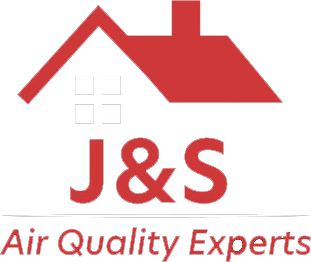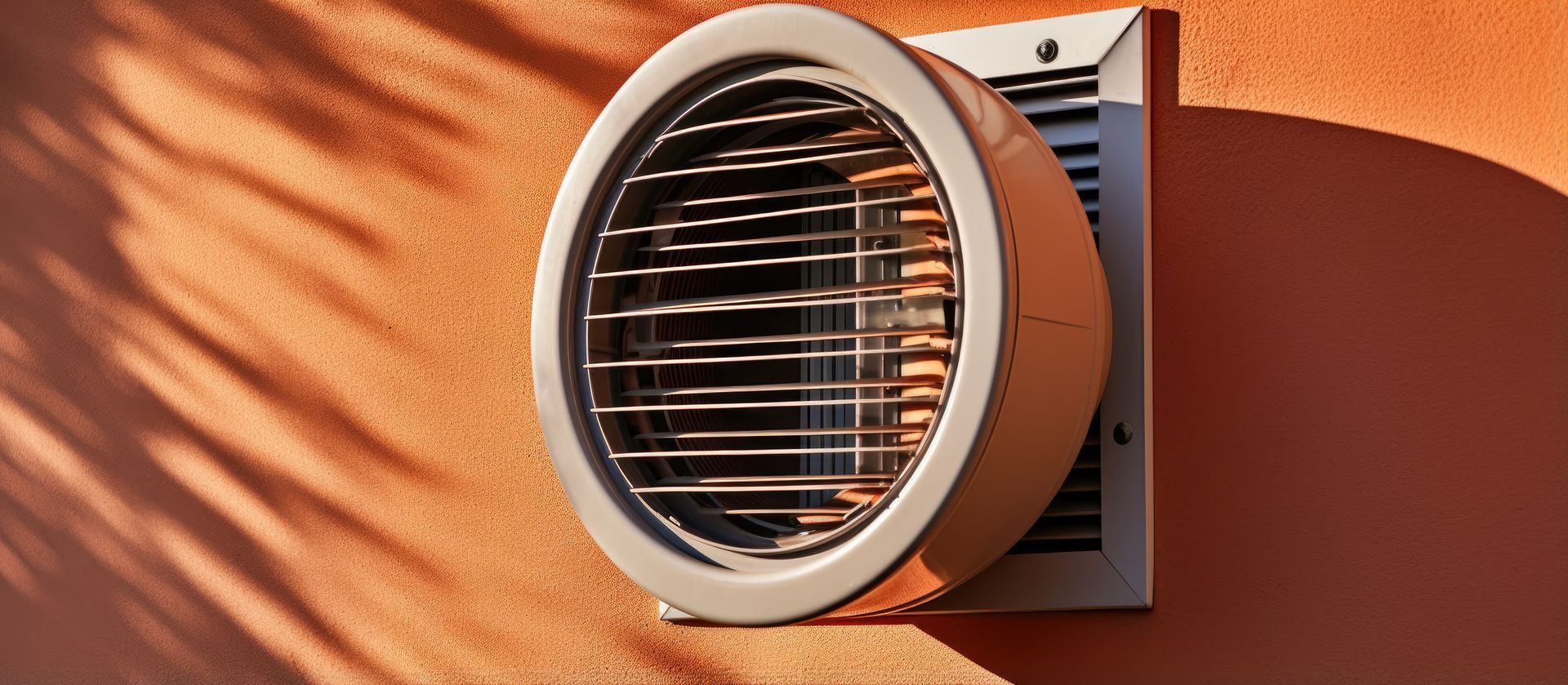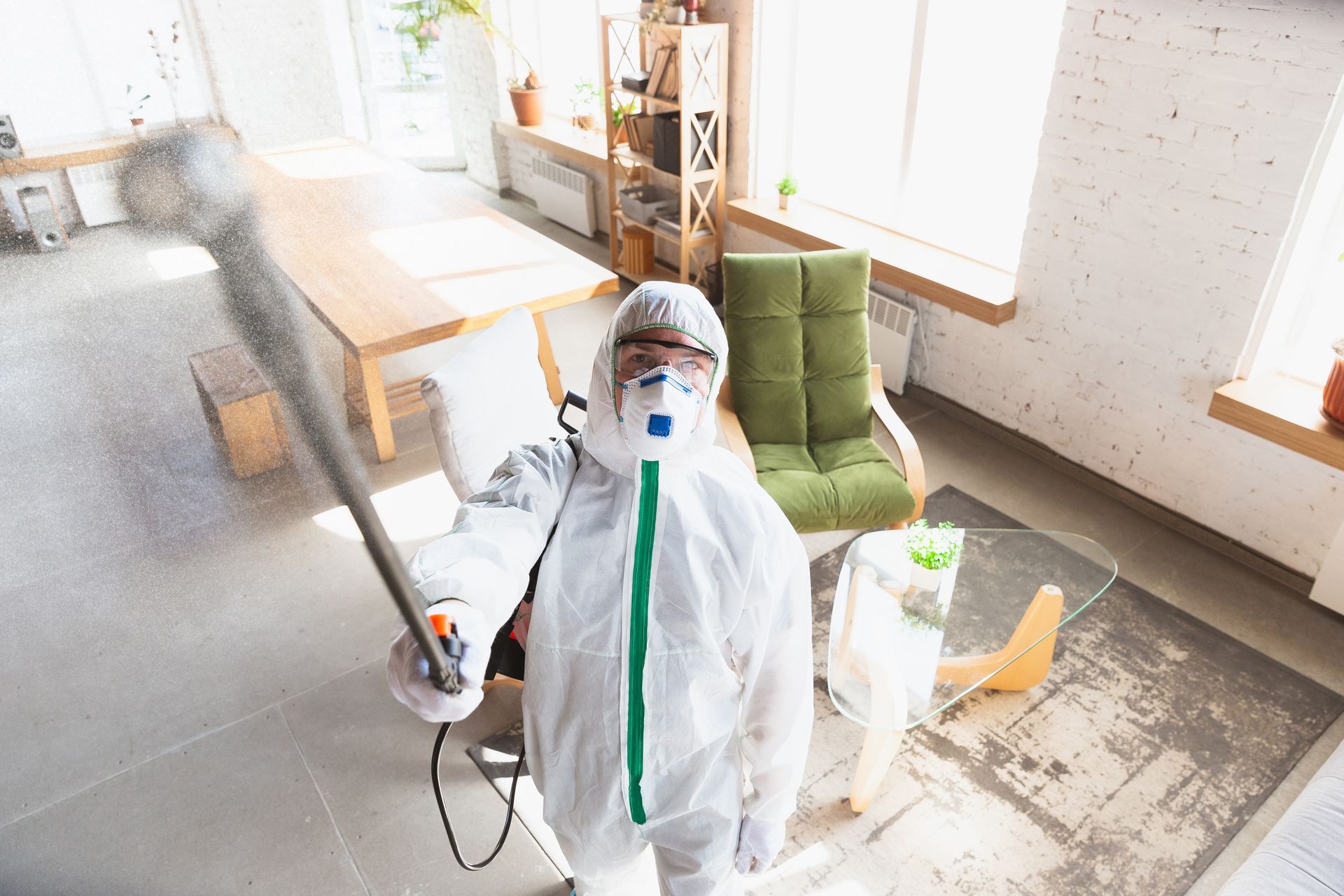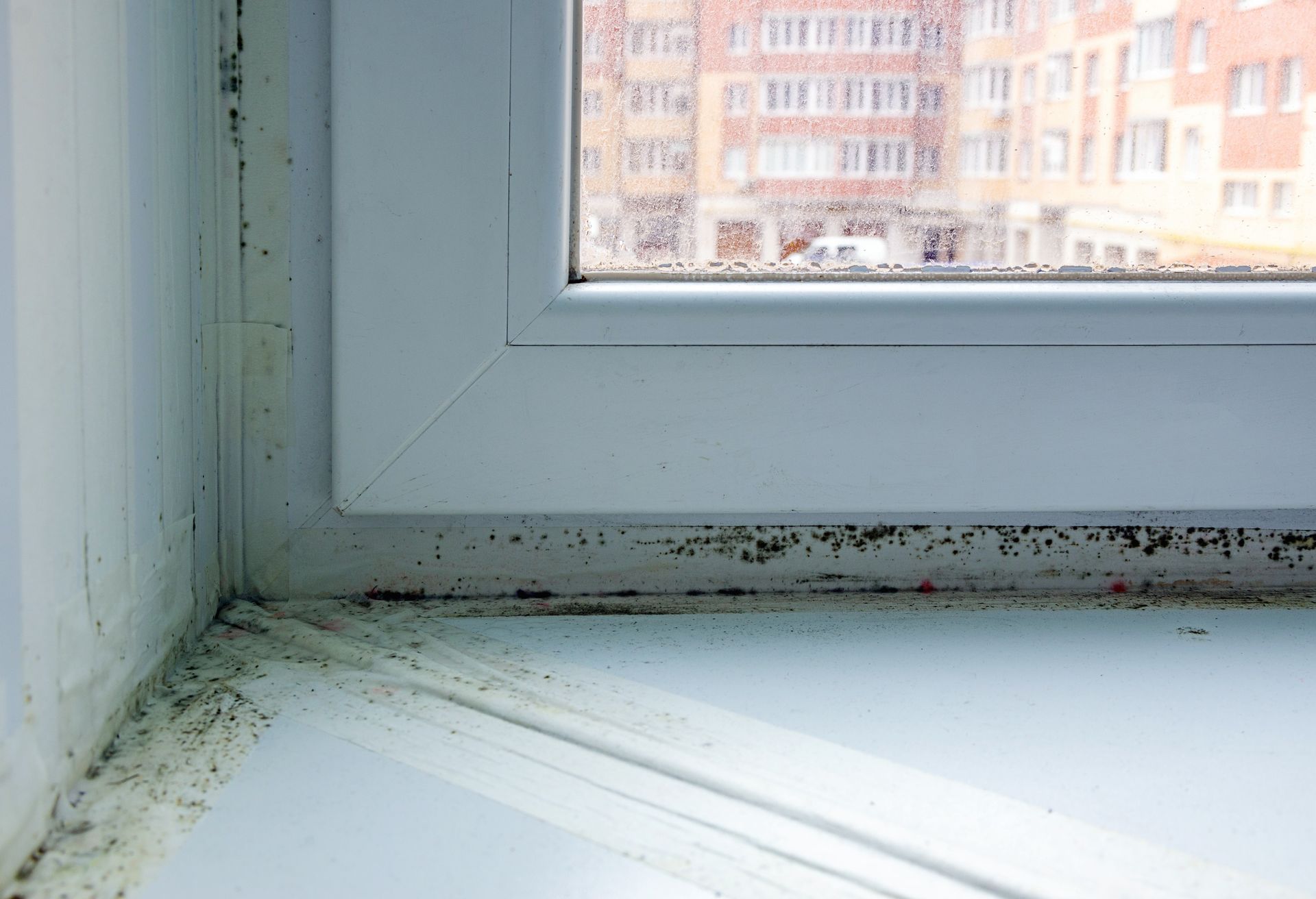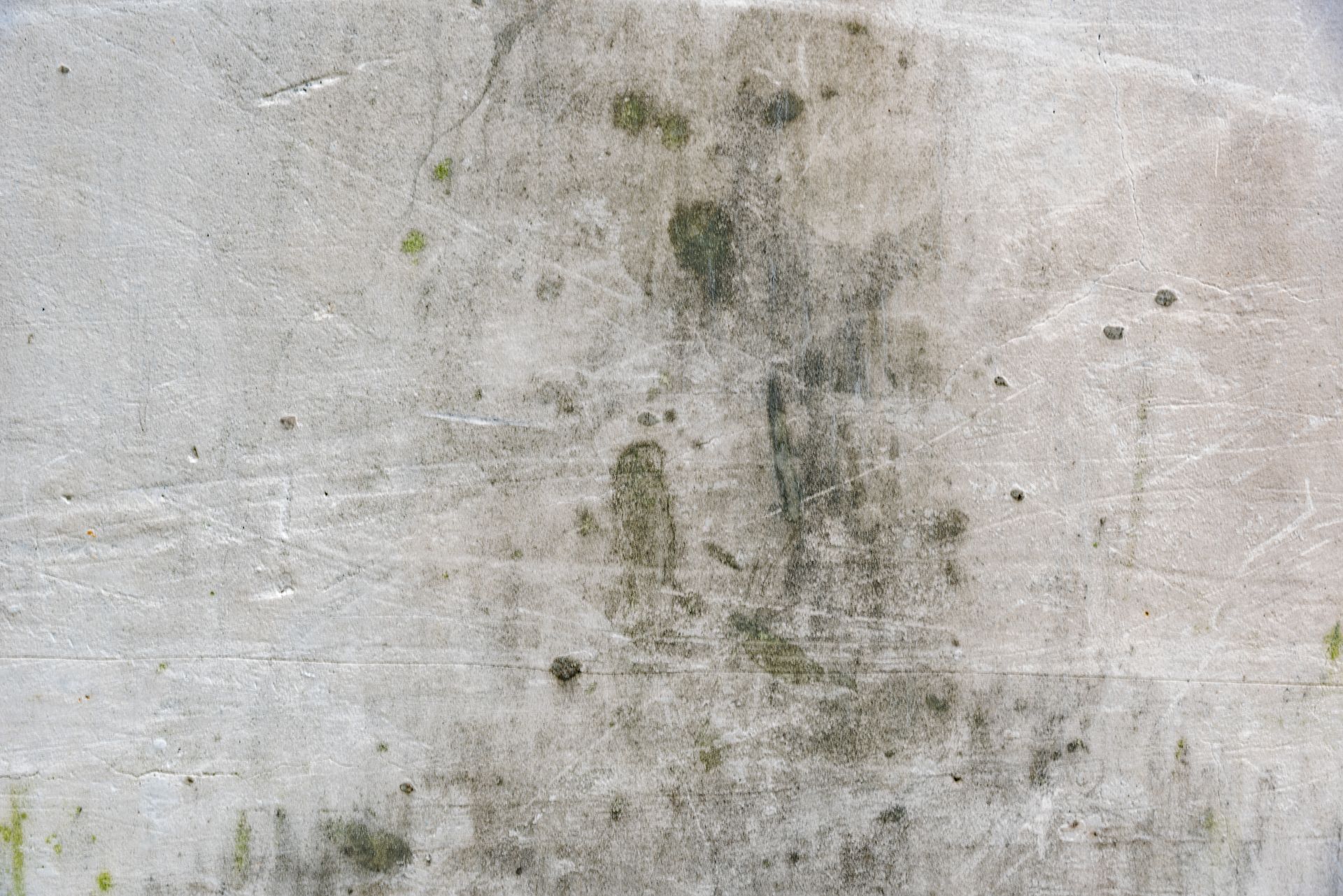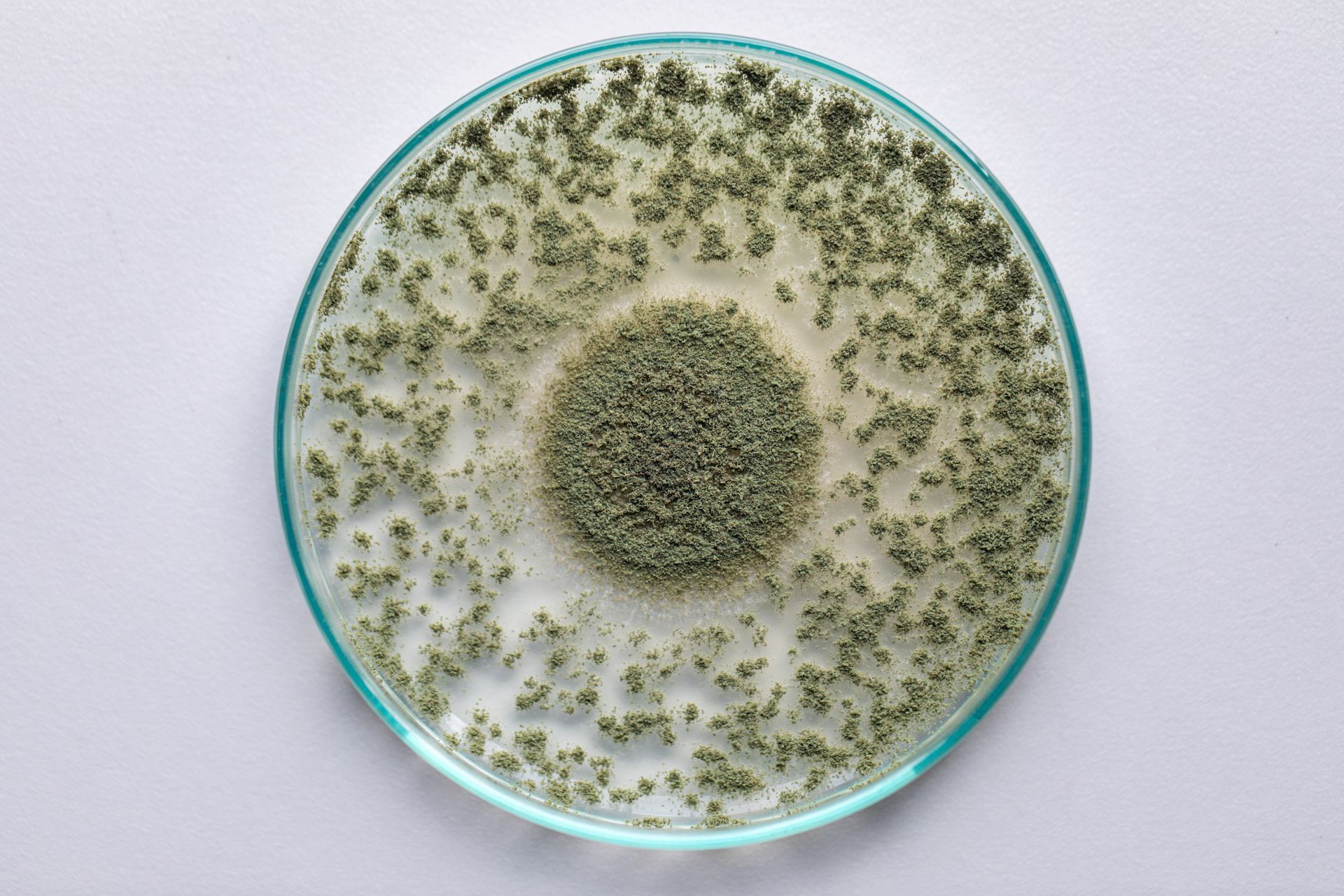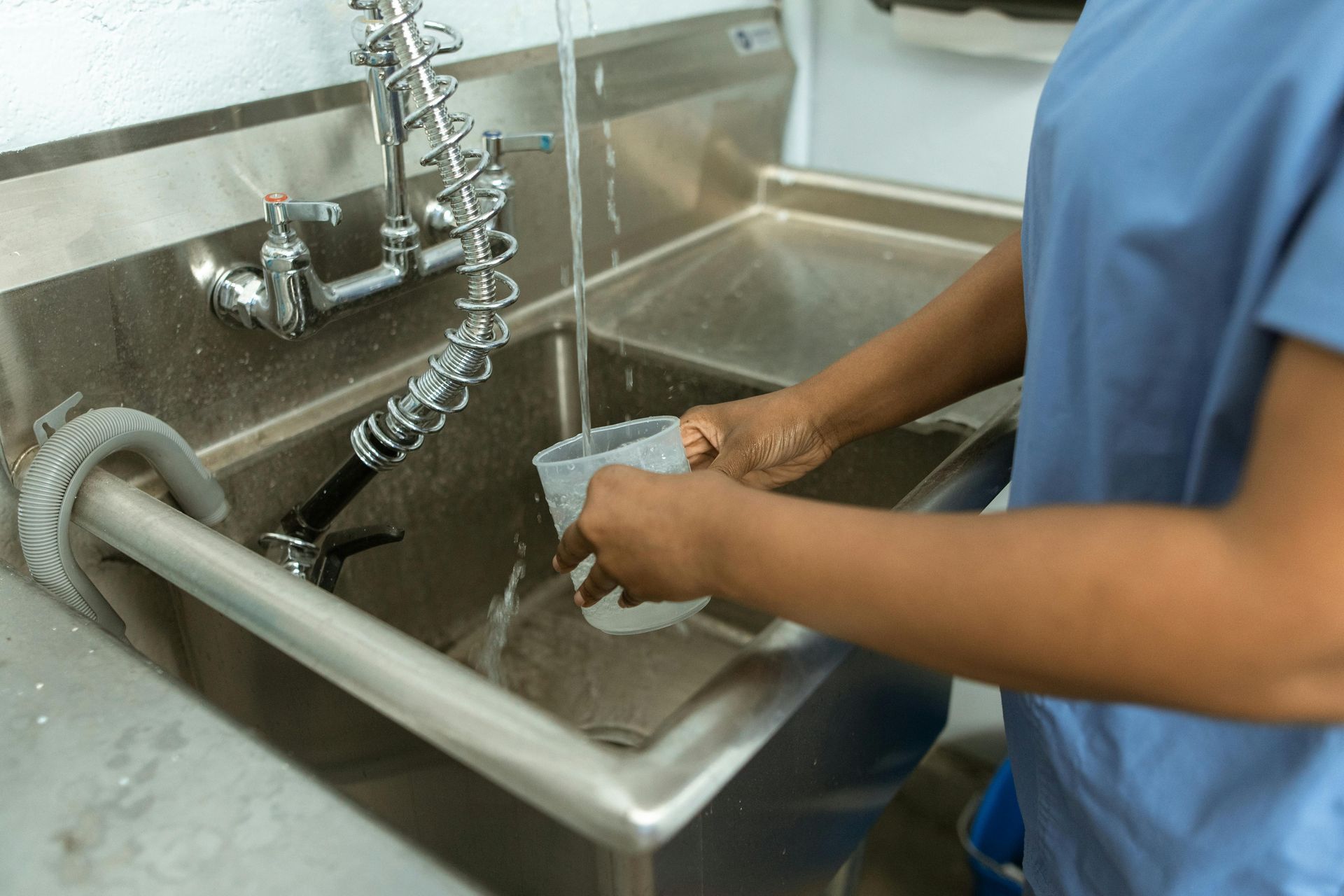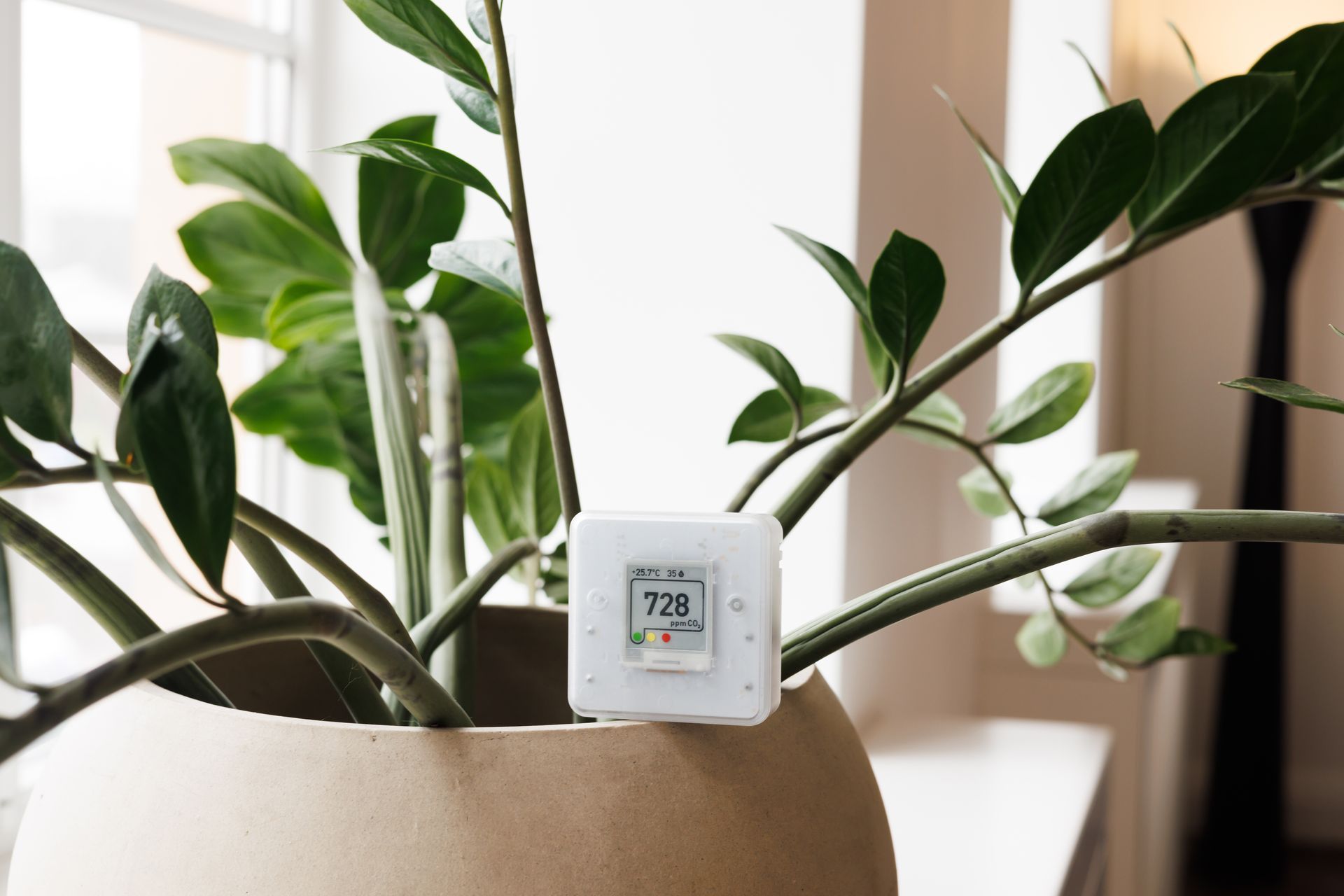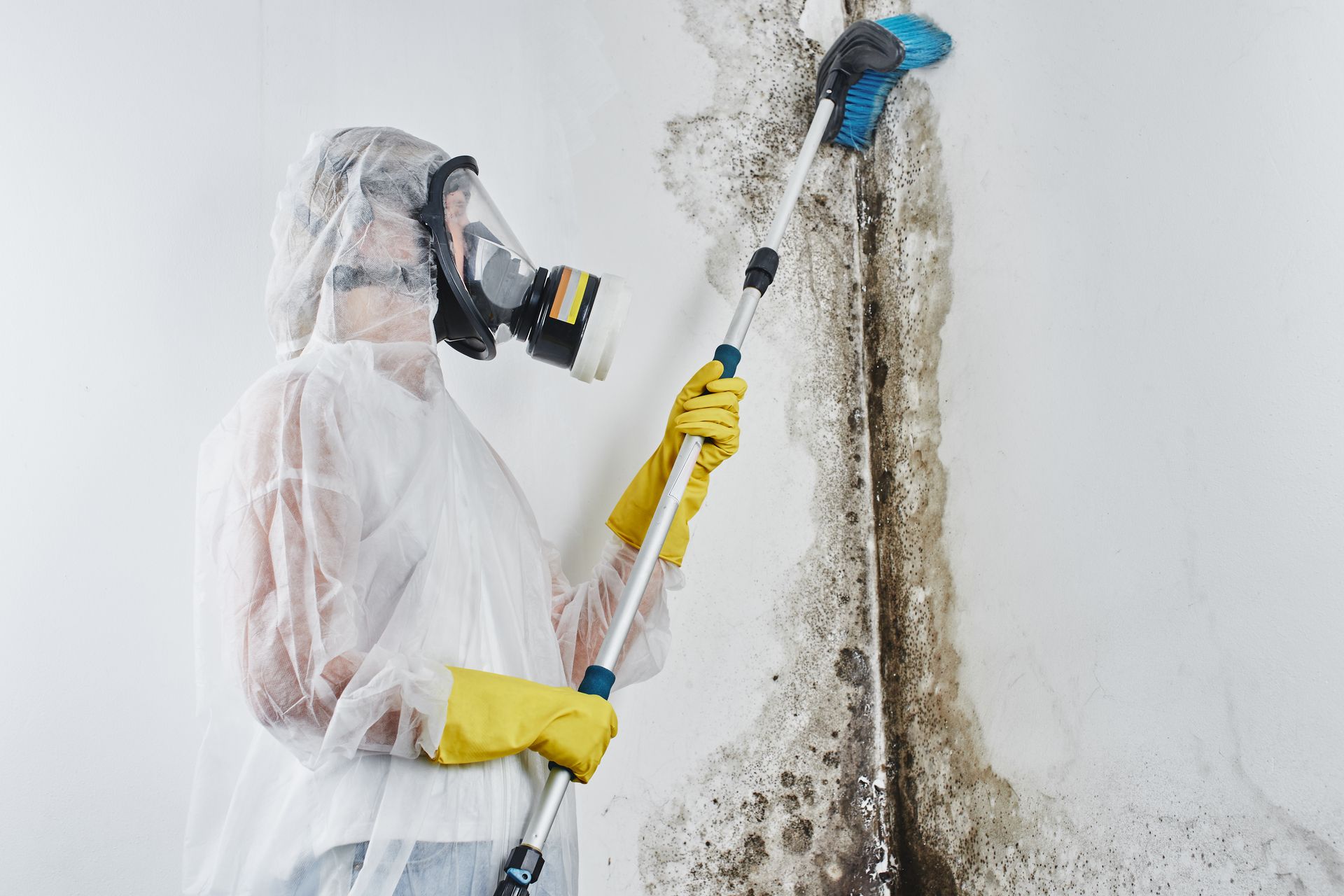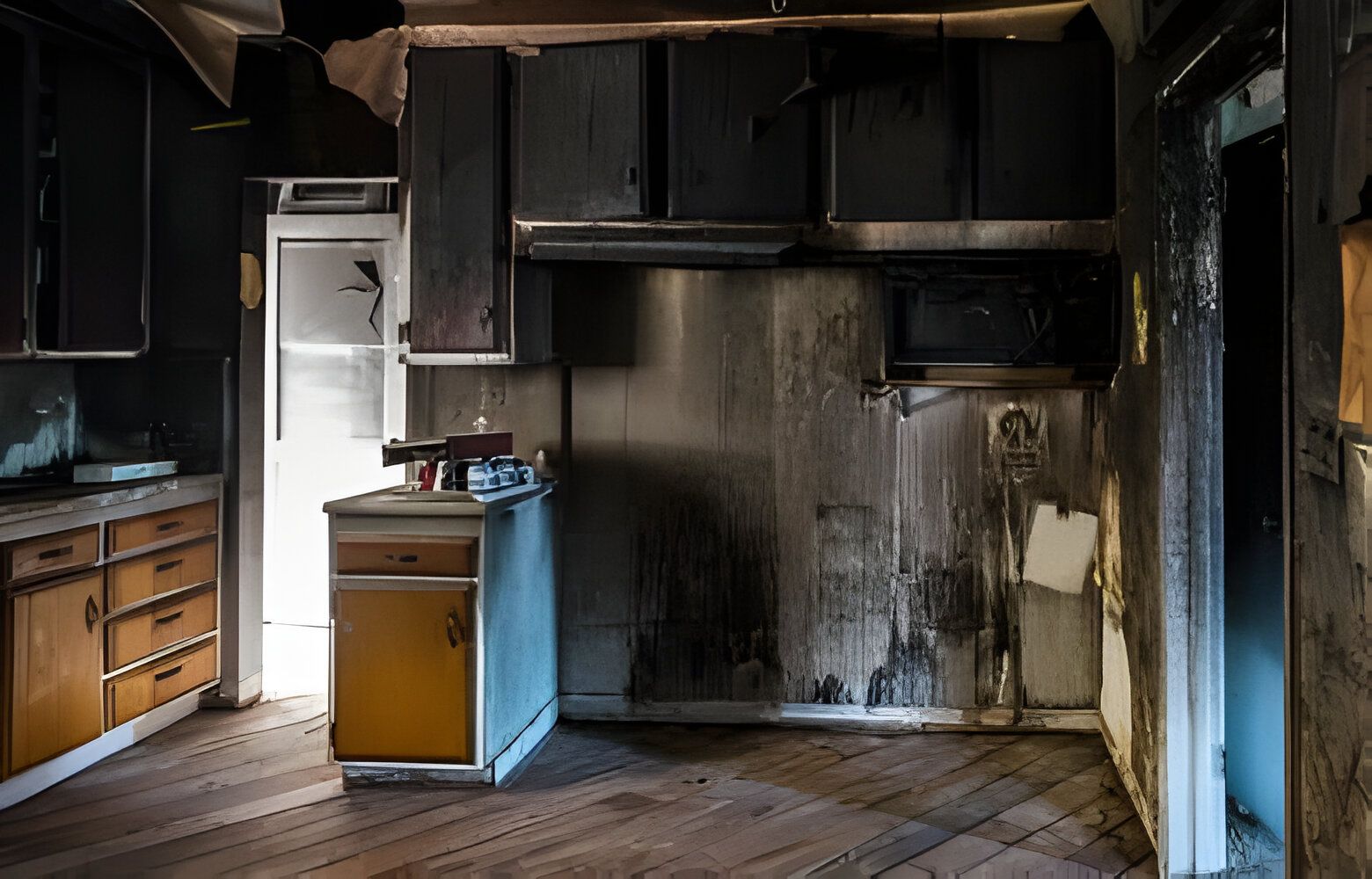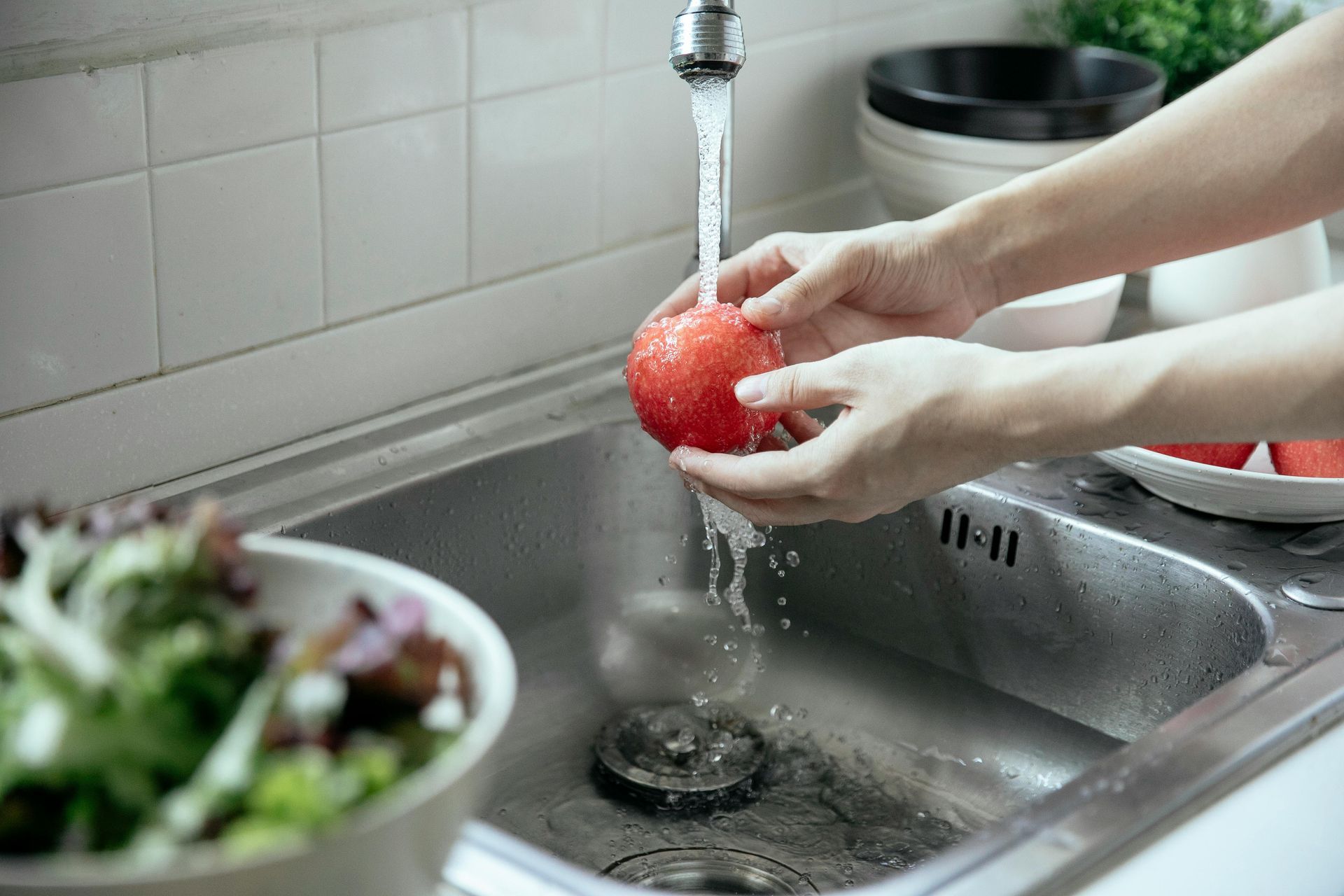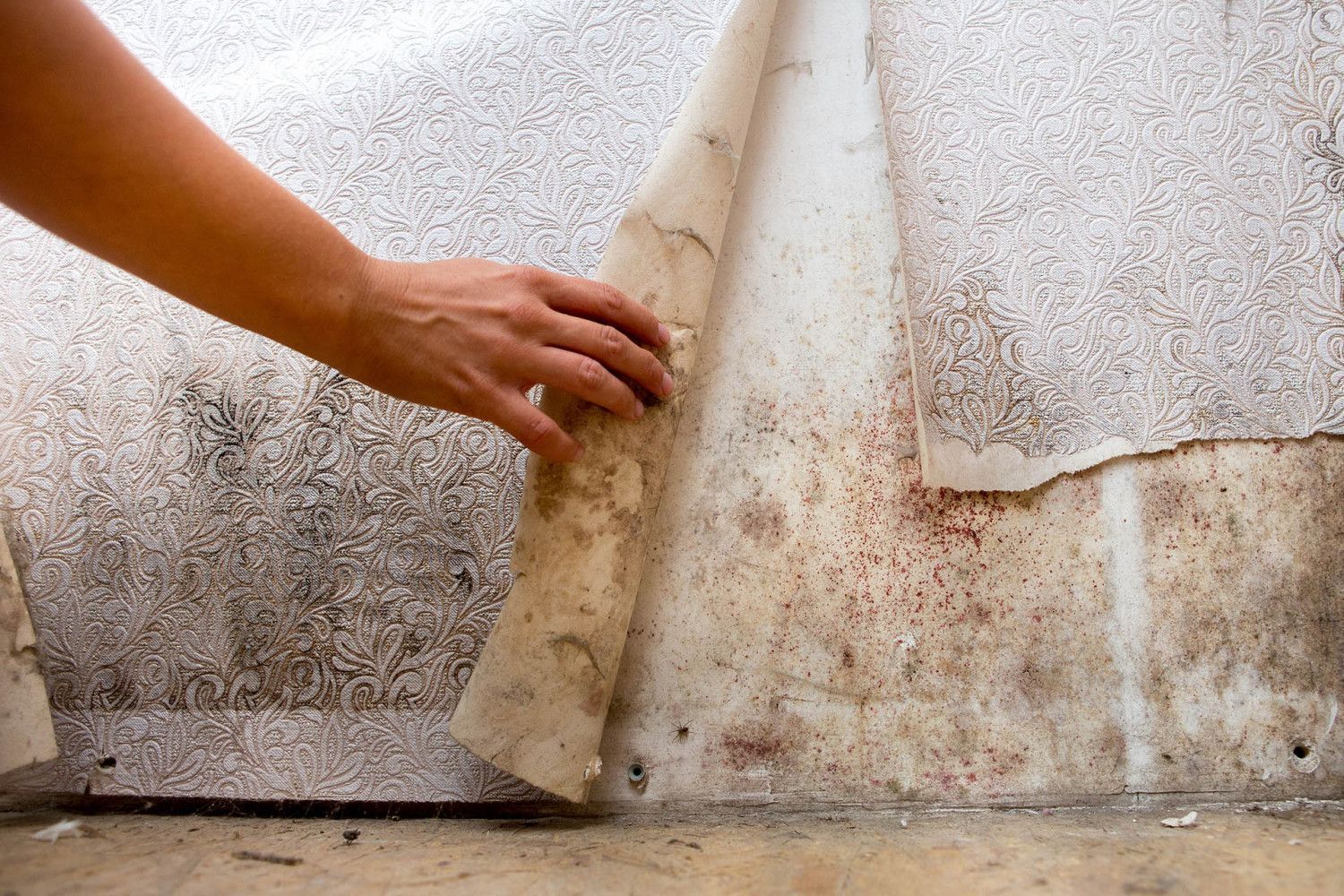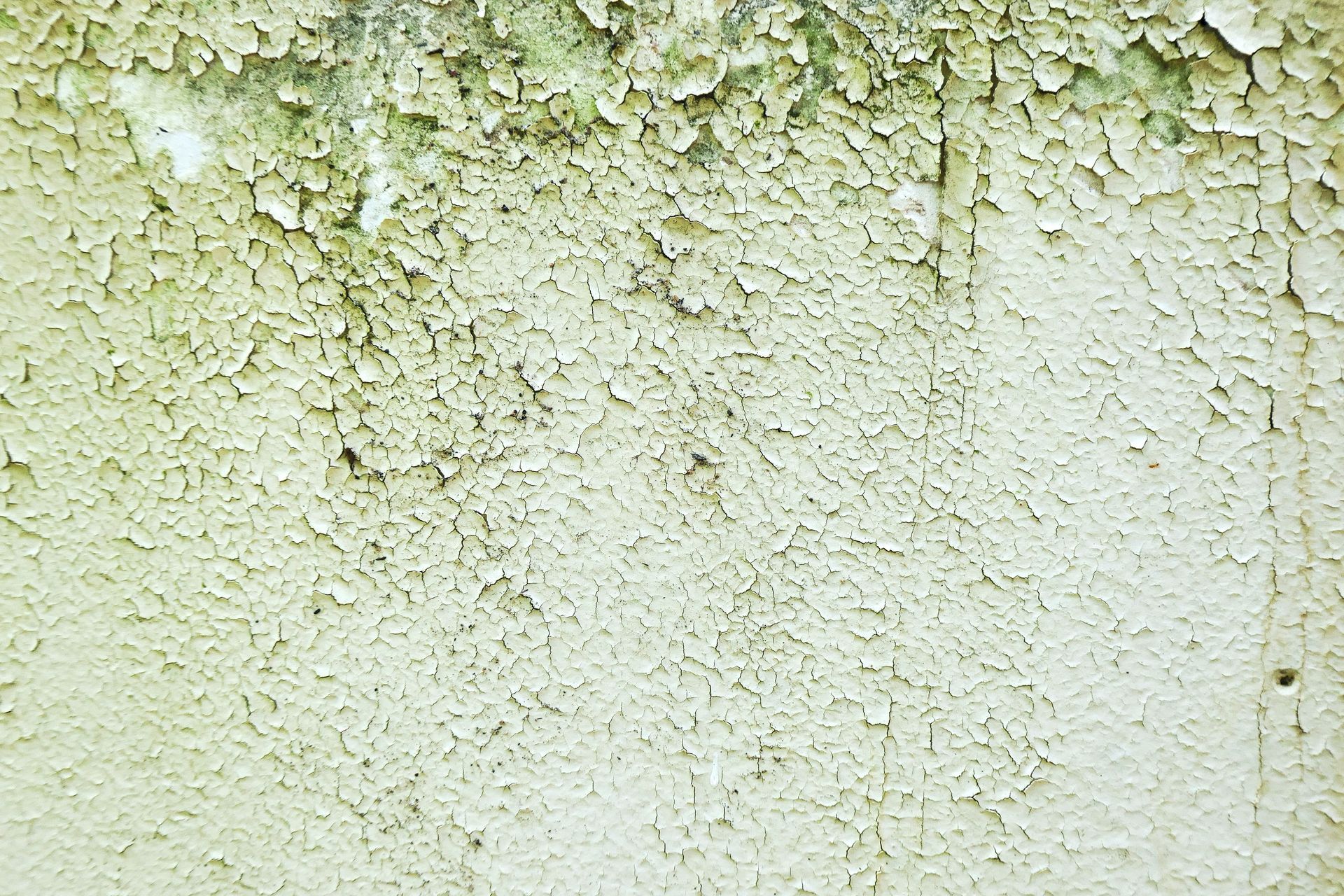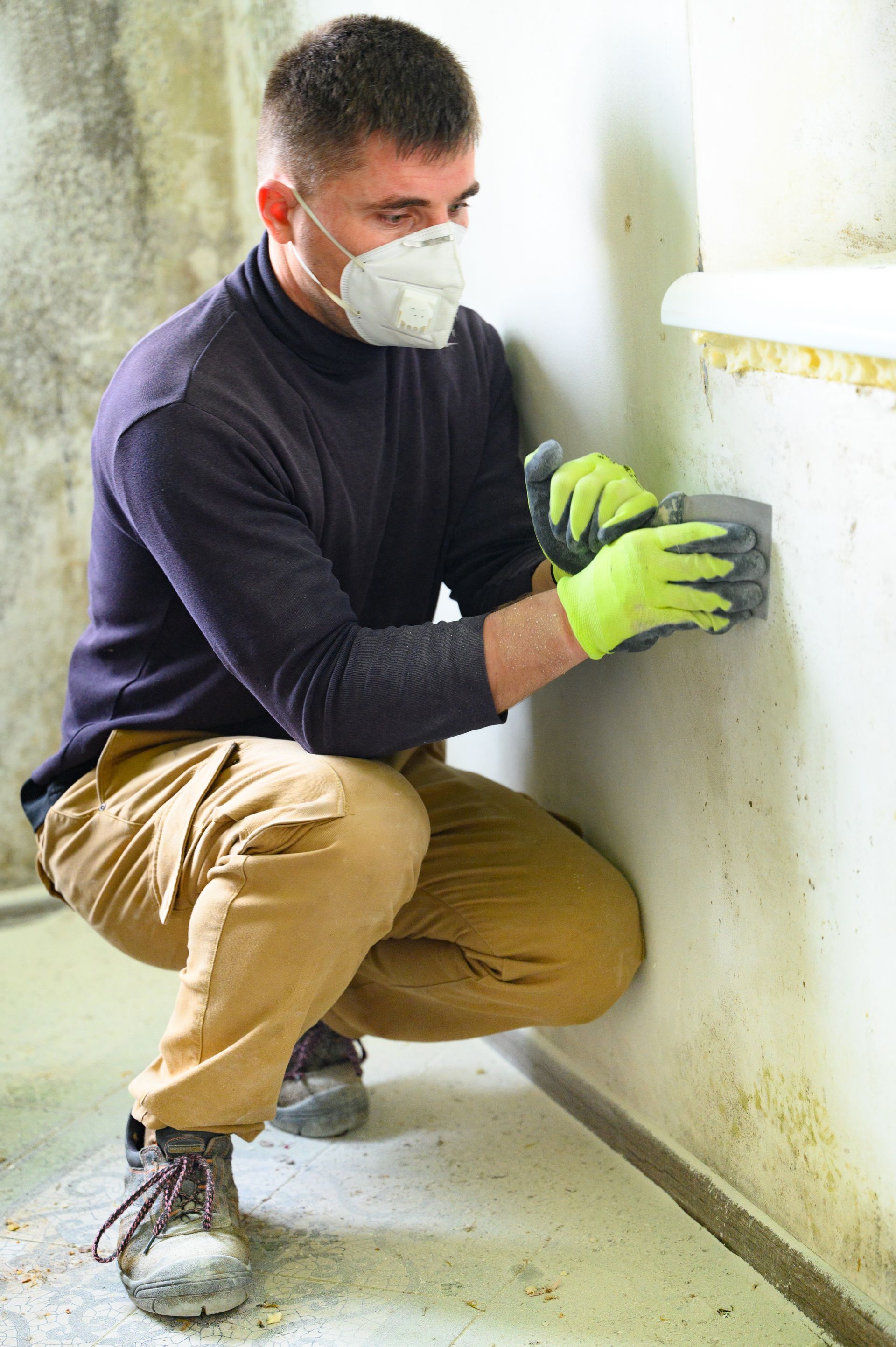J&S Air Quality Experts
The Importance of Ventilation in Maintaining Good Air Quality
Breathing clean air is crucial for a healthy lifestyle. Proper ventilation plays a pivotal role in ensuring that indoor air remains fresh and safe to breathe. At
J&S Air Quality Experts in Palm Bay, FL, we specialize in services such as mold inspection, fire and smoke testing, bacteria testing, and water testing. This blog post will delve into the importance of ventilation in maintaining good air quality, the impact of poor ventilation, and how our services can help you achieve a healthier home.
Understanding Ventilation and Its Benefits
What is Ventilation?
Ventilation is the process of exchanging or replacing air within a space. It involves removing stale or contaminated indoor air and replacing it with fresh outdoor air. This process can be achieved through natural means, such as opening windows and doors, or through mechanical systems, such as HVAC units and exhaust fans. Ventilation is crucial for maintaining indoor air quality, controlling humidity levels, and removing pollutants.
Benefits of Proper Ventilation
- Improved Air Quality: Proper ventilation helps to dilute and remove indoor pollutants, including dust, allergens, and volatile organic compounds (VOCs). This is essential for reducing the risk of respiratory issues and other health problems.
- Humidity Control: Excess moisture in the air can lead to mold growth, which poses significant health risks. Ventilation helps regulate humidity levels, preventing mold and mildew from thriving.
- Odor Reduction: Unpleasant odors from cooking, cleaning products, or other sources can linger in poorly ventilated spaces. Effective ventilation helps to eliminate these odors, keeping indoor environments fresh.
- Energy Efficiency: Ventilation systems can enhance the efficiency of heating and cooling systems by ensuring that air is circulated and conditioned effectively, reducing energy consumption and lowering utility bills.
- Comfort: Good ventilation ensures a constant supply of fresh air, which can improve overall comfort and well-being.
The Impact of Poor Ventilation on Air Quality
Health Risks
Poor ventilation can lead to a buildup of indoor pollutants, including dust mites, pet dander, and mold spores. These pollutants can cause or exacerbate respiratory conditions such as asthma and allergies. Long-term exposure to poor indoor air quality can also contribute to more serious health issues, including cardiovascular disease and cancer.
Mold and Mildew
Excess humidity and lack of ventilation create the perfect environment for mold and mildew to grow. Mold not only damages building materials but also poses severe health risks, particularly for individuals with compromised immune systems or respiratory issues. Mold inspection and remediation are critical services provided by J&S Air Quality Experts to address these problems.
Bacterial Contamination
Inadequate ventilation can also lead to bacterial contamination. Bacteria thrive in moist, stagnant environments, leading to unpleasant odors and potential health hazards. Bacteria testing is an essential service to identify and mitigate these risks.
Smoke and Fire Residue
After a fire, smoke and soot can linger in a building, affecting air quality. Without proper ventilation, these contaminants can pose significant health risks. Fire and smoke testing is crucial to ensure that all residues are removed, and air quality is restored.
How Ventilation Systems Improve Air Quality
Types of Ventilation Systems
- Natural Ventilation: This method relies on openings such as windows, doors, and vents to allow fresh air to enter and stale air to exit. It is most effective in mild climates where outdoor air quality is good.
- Mechanical Ventilation: This involves the use of fans and duct systems to circulate air. There are several types of mechanical ventilation systems, including:
- Exhaust-only Systems: These systems remove indoor air but do not supply fresh air, relying on natural infiltration for fresh air intake.
- Supply-only Systems: These systems bring in fresh air but do not exhaust indoor air, creating positive pressure inside the building.
- Balanced Systems: These systems both exhaust indoor air and supply fresh air, maintaining balanced air pressure.
- Heat Recovery Ventilators (HRVs) and Energy Recovery Ventilators (ERVs): These systems exchange stale indoor air with fresh outdoor air while transferring heat and moisture between the air streams, improving energy efficiency.
Benefits of Mechanical Ventilation
Mechanical ventilation systems provide consistent and controlled air exchange, ensuring that indoor air remains fresh and pollutant-free. They are particularly beneficial in tightly sealed buildings where natural ventilation may be insufficient.
J&S Air Quality Experts: Your Partner in Air Quality Management in Palm Bay, FL
At J&S Air Quality Experts, we understand the importance of maintaining good air quality in your home or business. Our team of certified air quality experts offers a comprehensive range of services to ensure that your indoor environment is safe and healthy. Our services include:
- Mold Inspection: Identifying and addressing mold issues to prevent health risks and property damage.
- Fire and Smoke Testing: Ensuring that all smoke and fire residues are removed after a fire incident.
- Bacteria Testing: Detecting and mitigating bacterial contamination to protect your health.
- Water Testing: Analyzing water quality to prevent waterborne illnesses and ensure safe consumption.
Maintaining good air quality is essential for your health and well-being. Take action before poor air quality takes a toll on your well-being. Contact J&S Air Quality Experts today at
(321) 557-3163 to schedule an appointment. Our team is ready to provide the expert services you need to ensure a healthy and safe indoor environment.
FAQs
Why is ventilation important for indoor air quality?
Ventilation is crucial for indoor air quality because it helps remove indoor pollutants, control humidity levels, reduce odors, and maintain a fresh and comfortable environment.
How can I tell if my home has poor ventilation?
Signs of poor ventilation include persistent odors, mold growth, condensation on windows, and increased allergy or asthma symptoms. If you notice these signs, it may be time to consult an air quality expert.
What types of ventilation systems are available for homes?
There are several types of ventilation systems, including natural ventilation, mechanical ventilation (exhaust-only, supply-only, and balanced systems), and energy recovery ventilators (ERVs) or heat recovery ventilators (HRVs).
How often should I have my home’s air quality tested?
It is recommended to have your home’s air quality tested at least once a year or whenever you notice changes in air quality, such as unusual odors, increased allergy symptoms, or visible mold growth.
What services does J&S Air Quality Experts offer?
J&S Air Quality Experts offers a range of services including mold inspection, fire and smoke testing, bacteria testing, and water testing. Our goal is to ensure that your indoor environment is safe and healthy.
